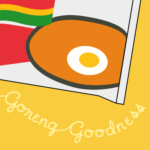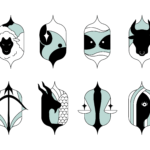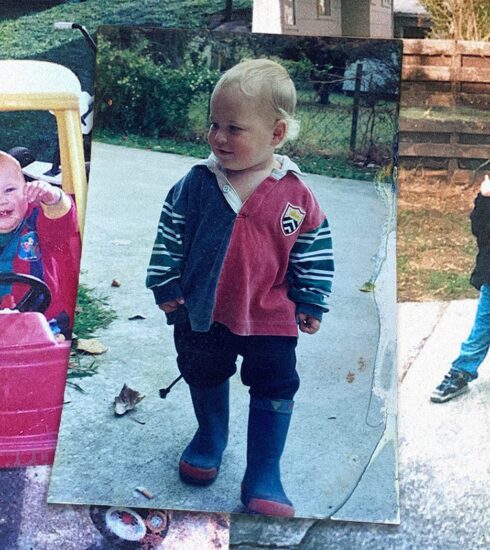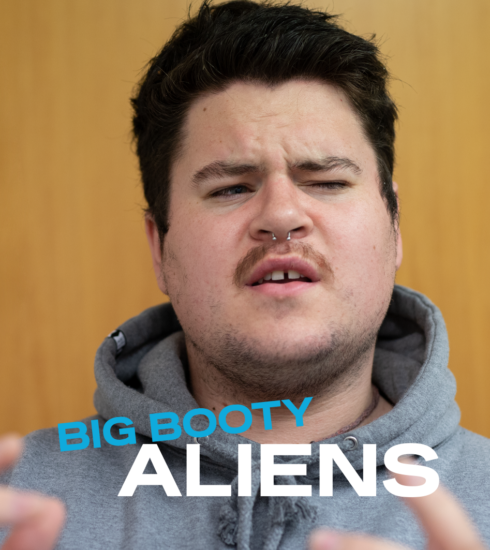Letter From The Editor – Issue 13
It’s definitely an interesting time to be alive, even if you take away the virus. The eye opening protests in the United States have left the global community astonished. There have been worldwide cries for huge social reform, particularly in the way in which nations police their populations.
The Black Lives Matter movement has garnered a huge amount of traction and attention in recent weeks. The murder of George Floyd has accentuated the plight of the African American, the underlying forces of racism that still divide human-kind and brought into question the effectiveness of policing in our communities. It has also shown the hypocrisy of the large multinational. Droves of internationally recognised businesses, such as Disney and the NBA, have publicly voiced their supportive opinions of the Black Lives Matter movement. Disney posted several supportive statements and videos in mid June and the NBA created a pro-BLM advertisement and will have “Black Lives Matter” printed on their courts during the impending NBA restart. But is this support for real or is another Disney fantasy too good to be true and too captivating to question?
China is now a huge cog in the money-making machines of both Disney and the NBA. It’s large population has the potential to become an army of consumers. Companies like Disney and the NBA know this and market their product heavily in China. Unfortunately, China is also one of the focal points of hardship, authoritarianism, media restriction and population control on the planet.
While it’s all well and good to be promoting your support for the fight against racism it’s important that those values be held across all aspects of your life or in this case business. The NBA and Disney have been accused of doctoring their content to fit within Chinese censorship guidelines. These guidelines are essentially putting a price tag on freedom of speech and expression. This begs the question, how much is liberty and the moral fabric of a company really worth?
In Disney’s case Chinese censorship prohibits the portrayal of black characters in advertisements. John Boyega, a main character in the recent Star Wars films and a powerful voice in the BLM movement, was removed from Chinese movie posters. Chadwick Boseman in Marvel’s Black Panther, a movie based on the exploits of a black superhero, was not allowed to be portrayed without his helmet on in the Chinese advertisements of the film. They also opted to cast a white woman as a traditionally Tibetan character in Marvel’s Doctor Strange in fear of Chinese governmental backlash in connection to the Tibetan sovereignty dispute.
For the NBA, the price of freedom seems to be met in the Chinese market. In 2019, the Houston Rockets’ general manager, Daryl Morey, tweeted in support of the Hong Kong protests for democracy and independence from the Chinese government. The Chinese Basketball Association quickly ended ties with the Rockets. This prompted Morey and the NBA commissioner Adam Silver to issue apologies and distance themselves from the original statements out of fear of losing ground in the huge Chinese market.
The fight against racism and oppression doesn’t appear to be one worth winning for the standard multinational the likes of Disney and the NBA. It ends at the Chinese border.





